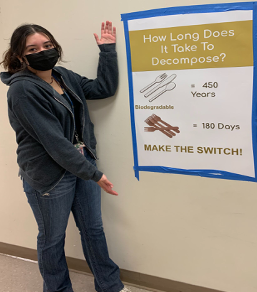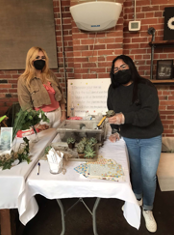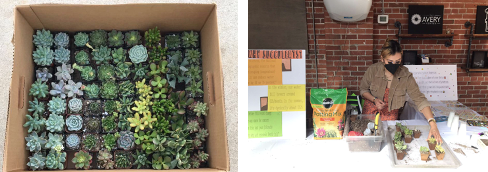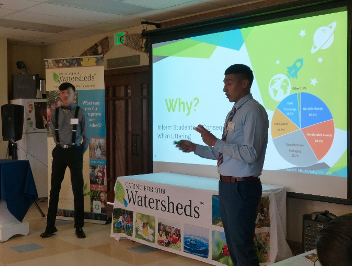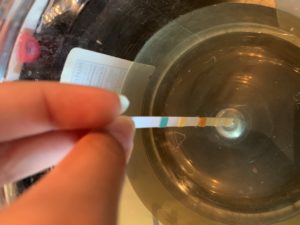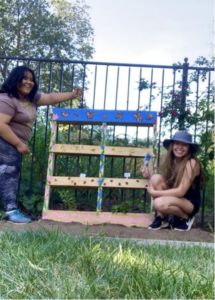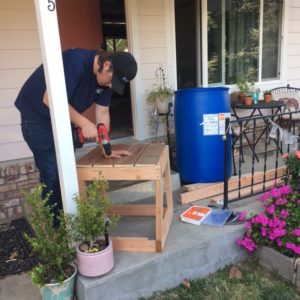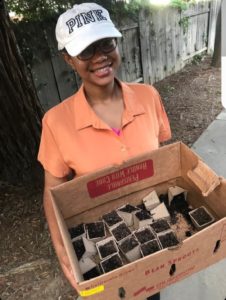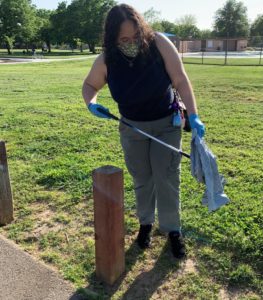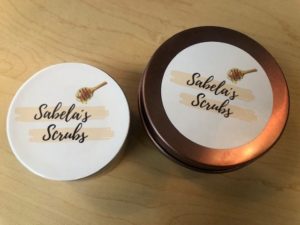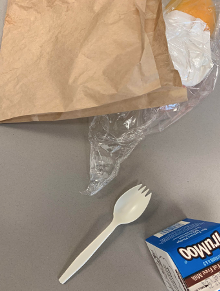
2021, Northridge High School, Greeley, Colorado, USA
Yaritza Morfin
Before Yaritza’s project, her school cafeteria was distributing plastic utensils for lunches. Yaritza looked into this and found that plastic utensils can take over 450 years to decompose! She knew she had to take action. Yaritza worked with the cafeteria team to make the switch to biodegradable utensils. The cafeteria didn’t have the proper infrastructure to switch to reusable utensils, so she settled with biodegradable utensils. She specifically moved forward with sporks because they could take the place of both spoons and forks, decreasing her school’s plastic waste. With about 150 students eating lunch at school everyday for four days a week, Yaritza managed to decrease the amount of plastic waste while also reducing about twenty-three pounds of CO2 emissions in one month!
